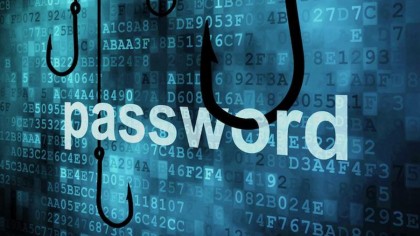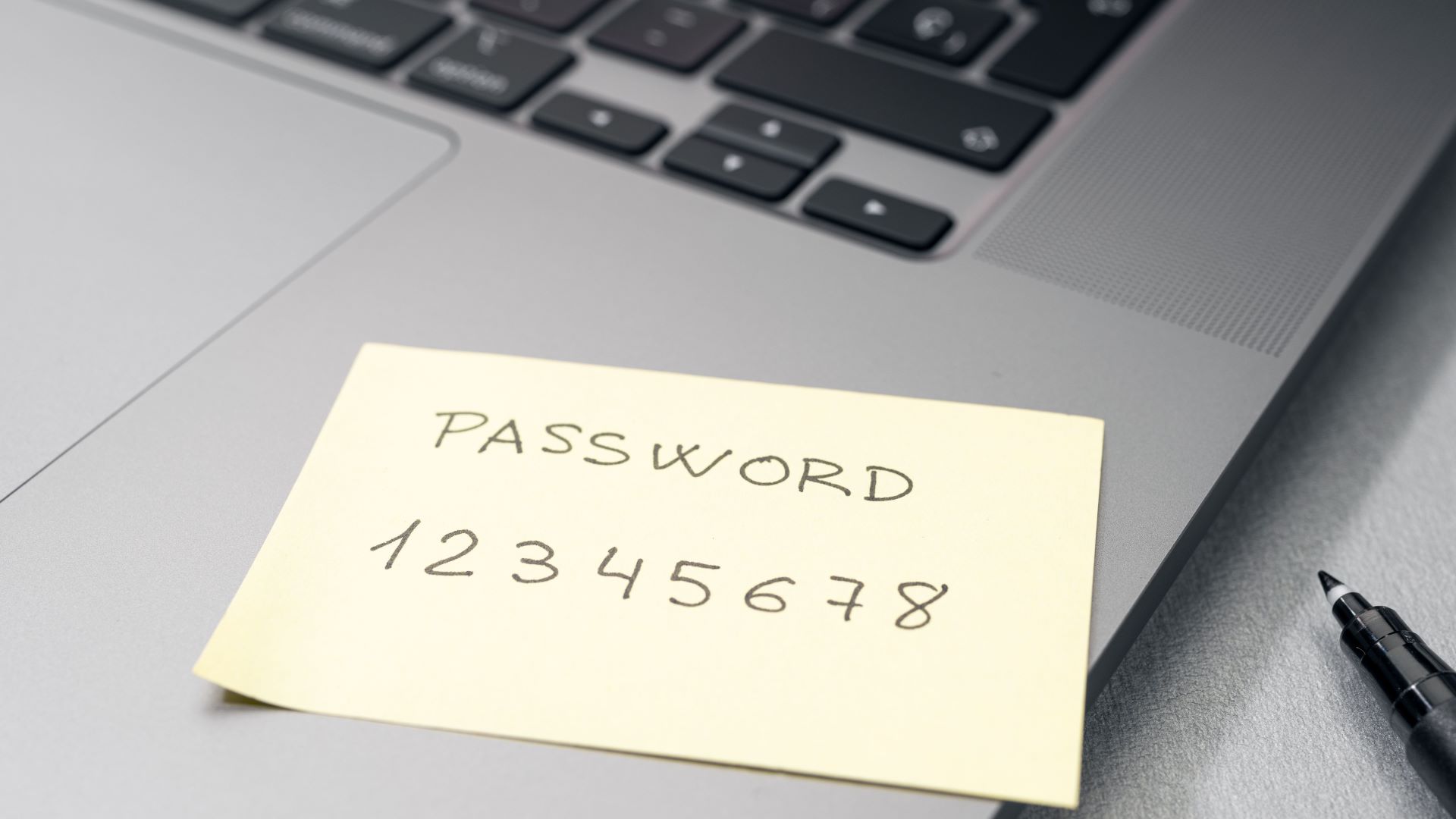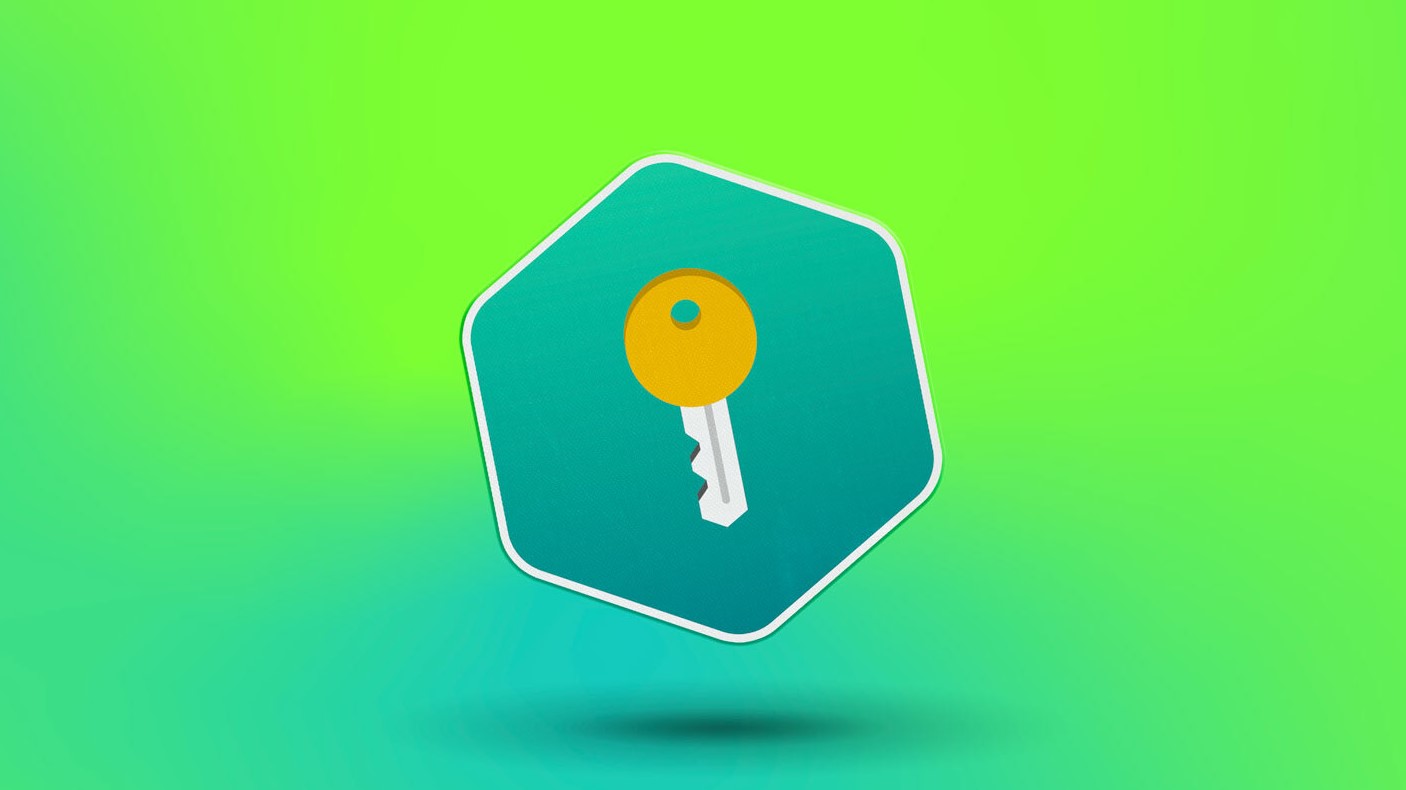How to choose the perfect password manager for you
This could be the most important digital tool you can have

In the digital age, much of our lives are conducted online. From social media accounts to banking applications, each digital service requires a password, making it difficult to remember them all. This is why a password manager is essential. However, with so many options available, selecting the right one can feel overwhelming. This article will guide you through the process, ensuring your digital life remains secure and convenient.
How to choose the perfect password manager for you

The first step in choosing a password manager is understanding your specific needs. Consider the following questions:
Number of Devices: How many devices do you need to sync your passwords across?
Platform Compatibility: Which operating systems and browsers do you use?
Features: Are you looking for features beyond password management, such as secure note storage or password sharing capabilities?
Budget: Are you willing to pay for a password manager, or are you looking for a free alternative?
When it comes to security, not all password managers are created equal. Here are essential security features to consider:
Are you a pro? Subscribe to our newsletter
Sign up to the TechRadar Pro newsletter to get all the top news, opinion, features and guidance your business needs to succeed!
Encryption: Opt for a password manager that offers end-to-end encryption, ensuring your data is encrypted before it leaves your device.
Two-Factor Authentication (2FA): This adds an extra layer of security, requiring a second form of verification beyond your master password.
Zero-Knowledge Policy: This ensures that the password manager company doesn’t store or have access to your passwords.
Security Audits: Look for a password manager that undergoes regular, independent security audits.
A good user experience is crucial for a password manager, as you’ll interact with it daily. Consider these factors:
Ease of Use: The interface should be intuitive, making it easy to store, retrieve, and generate passwords.
Browser Integration: Look for seamless browser integration that automatically fills in your passwords.
Mobile App: A user-friendly mobile app is crucial for accessing your passwords on the go.
What to look for

When selecting a password manager, several crucial features should be considered to ensure maximum security and ease of use. Let's explore the key features that define a top-tier password manager.
End-to-End Encryption
Encryption is at the heart of a password manager's security. End-to-end encryption means that your data is encrypted on your device before it's transmitted to any server. Ideally, a password manager should use industry-standard encryption, such as AES-256, to protect your sensitive data.
Zero-Knowledge Architecture
This security feature ensures that the service provider cannot access your stored data. A zero-knowledge protocol means the service encrypts and decrypts data locally on your device, and even the pass manager’s developers cannot access your passwords and information.
Two-factor authentication (2FA)
Adding a layer of security, 2FA requires you to provide two different authentication factors to verify yourself. This could be a combination of something you know (your password), something you have (a mobile device), or something you are (biometric data). A password manager with 2FA support dramatically decreases the likelihood of unauthorized access.
Password Generation
One of the most practical features of a password manager is the ability to generate complex, high-strength passwords. Look for a password manager that can create long, randomized passwords that are tough to crack, diminishing the risk of password-related security breaches.
Auto-Fill and Auto-Login
A password manager should integrate with your web browsers and apps to streamline your online experience. Auto-fill and auto-login features allow the software to automatically populate login fields with your username and password, saving you time and avoiding typos that can occur with manual entry.
Cross-Platform Compatibility
In our multi-device world, having a password manager that syncs across all your platforms is essential. Cross-platform compatibility ensures you can access your passwords anytime, anywhere, whether you switch from a PC to a smartphone or from Windows to macOS.
Secure Sharing
Sometimes, you need to share a password securely with a family member or colleague. A password manager with a secure sharing feature allows you to do this without exposing your password in plain text via messaging or email. Look for a manager that lets you share access through the manager itself.
Password Audit and Security Alerts
Top-notch password managers often include a security dashboard that analyzes your passwords for strength and security. The dashboard can alert you to weak, reused, or compromised passwords and prompt you to change them.
User-Friendly Interface
A robust array of features is valuable only if the password manager is user-friendly. The software should be intuitive so you can manage your passwords without any confusion or frustration.
Backup and Recovery Options
Your password manager should offer an efficient way to recover your data in the event of device loss or data corruption. Check for options like secure cloud or local backups to ensure you can always retrieve your passwords.
Customer Support
Reliable customer support is vital, especially if you encounter issues or have questions about your password manager. A responsible provider should offer comprehensive support through multiple channels, such as email, chat, or a knowledge base.
Why you need a password manager

Memorizing dozens of complex passwords is neither feasible nor secure, often leading to weak password practices that put us at risk. On the other hand, password managers offer convenience and a robust solution for securing our digital lives. Let's explore why a password manager is no longer an option but a necessity.
The primary appeal of a password manager is its ability to simplify your online experience. Password managers securely store and organize your passwords in an encrypted vault, ensuring that even the provider cannot access your login information. You only need to remember one strong master password to access your login details.
Humans prioritize memorability over complexity, leading to the widespread use of weak passwords. A password manager eliminates this problem by generating unique passwords for each account. This significantly reduces the risk of account breaches, as the others remain secure even if one password is compromised.
One of the most common security lapses is reusing passwords across multiple accounts. If a hacker gains access to one account, all accounts that share the same password become compromised. A password manager creates a unique, strong password for each account, ensuring that a breach in one does not lead to a cascade of unauthorized access.
Most people tend to avoid changing passwords regularly. However, periodic changes are crucial for security. A password manager can often automate this task, ensuring your passwords are routinely updated without your intervention, thus keeping your digital fortress secure.
There are times when sharing passwords becomes necessary. Unfortunately, sharing passwords via text messages or emails is inherently insecure. Password managers offer secure sharing features that allow you to share access without the recipient seeing the actual password, and you can easily revoke that access when needed.
In our multi-device world, digital access points are not limited to one computer or phone. Password managers sync across devices, ensuring you have access to your passwords whether you're using your laptop at a café or your phone while on the go.
Granting someone access to critical accounts can be essential in extraordinary situations. Many password managers provide an emergency access feature that allows trusted individuals to access your account under predefined circumstances, ensuring continuity without compromising security until then.
Password managers encourage better overall security practices by facilitating unique, complex passwords for each account and securely storing them. They remove the guesswork from digital security and make maintaining a secure online presence more accessible.
Types of password managers

Not all password managers are created equal. They come in different forms, each with unique features and storage methods. Understanding these differences is crucial in selecting the right password manager for your security needs and lifestyle.
1. Cloud-Based Password Managers
Cloud-based password managers are the most popular type. They store your passwords on the provider's servers, allowing easy access from any device with an internet connection. This type of password manager offers convenience, as you can synchronize your passwords across all your devices and platforms. Examples include LastPass, 1Password, and Dashlane. They often have additional features like two-factor authentication, secure password sharing, and emergency access.
2. Local Password Managers
Local password managers store your passwords on your device rather than on an external server. This type offers heightened security, as your passwords are not exposed to potential breaches on cloud servers. KeePass is a notable example of a local password manager. They particularly appeal to those who prefer complete control over their data's storage location.
3. Browser-Based Password Managers
Most modern web browsers have built-in password managers, including Chrome, Firefox, and Safari. These tools automatically offer to save your passwords whenever you log into a new site. While they provide a basic convenience for managing passwords, their security features may not be as robust as dedicated password managers.
4. Desktop Password Managers
Desktop password managers are installed as a software application on your computer. They store the password database locally but can also offer cloud synchronization options. Examples include RoboForm and specific KeePass configurations. These managers blend the security of local storage with the optional convenience of cloud backups.
5. Mobile Password Managers
Designed specifically for mobile devices, these apps offer password management capabilities tailored to the needs of smartphone and tablet users. They provide convenient access to your passwords on the go and often include features like biometric login (fingerprint or facial recognition) for added security. Examples include Bitwarden and the mobile versions of 1Password and LastPass.
Conclusion
Choosing the right password manager depends on your priorities: convenience, security, or a balance of both. Cloud-based and browser-based managers offer simplicity and accessibility, while local and desktop options prioritize security. Mobile password managers cater to those constantly on the move. Regardless of your type, integrating a password manager into your digital routine is critical to safeguarding your online identity and information. Remember, the best password manager you regularly use fits seamlessly into your digital life.
- Here's our list of the best identity management services right now
Bryan M. Wolfe is a staff writer at TechRadar, iMore, and wherever Future can use him. Though his passion is Apple-based products, he doesn't have a problem using Windows and Android. Bryan's a single father of a 15-year-old daughter and a puppy, Isabelle. Thanks for reading!
